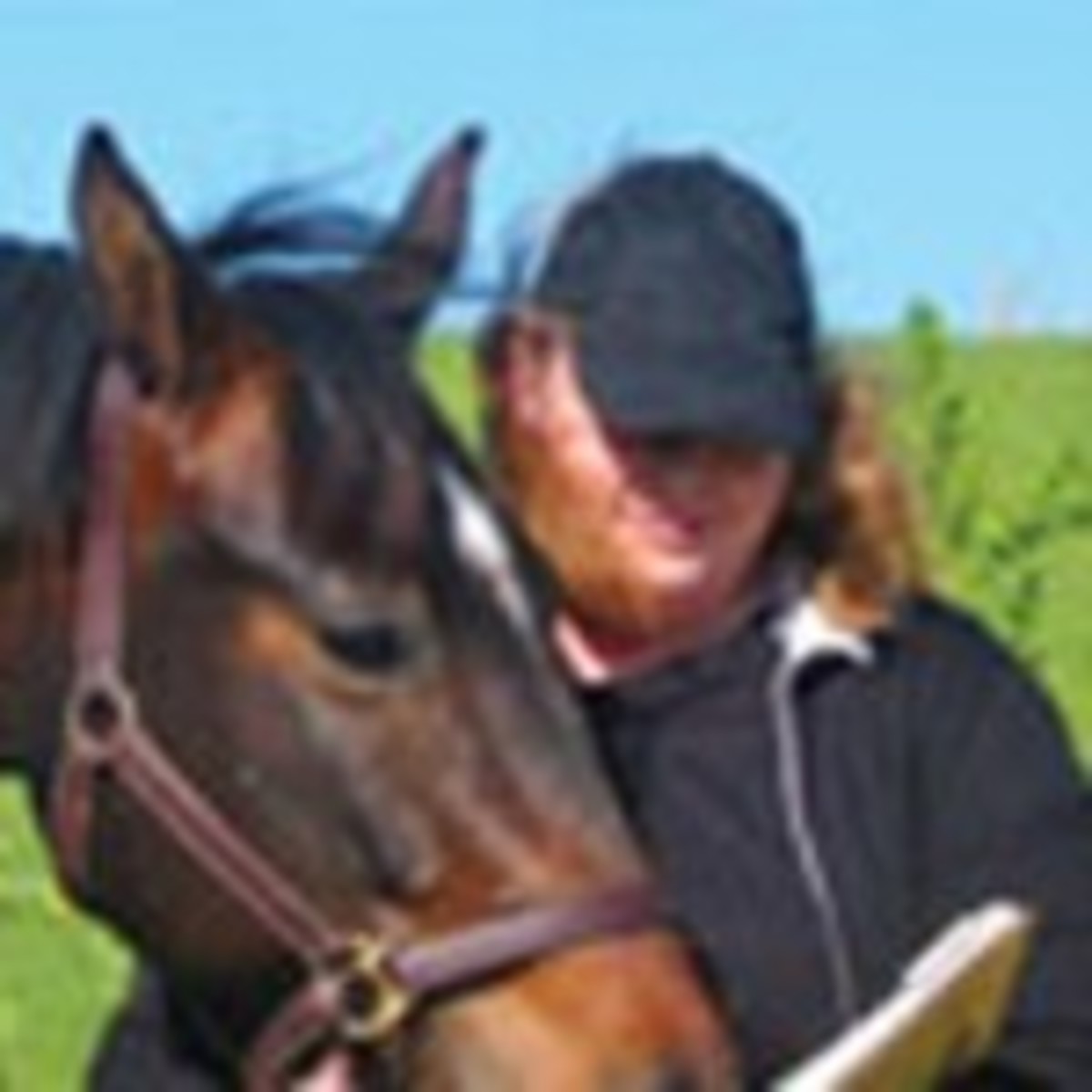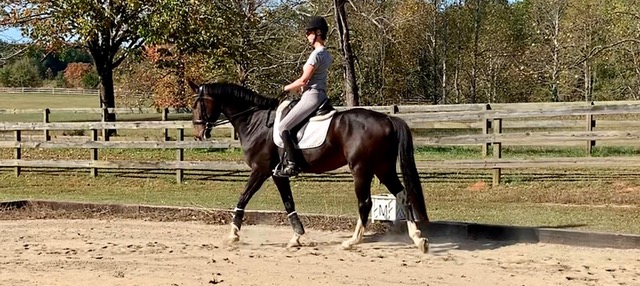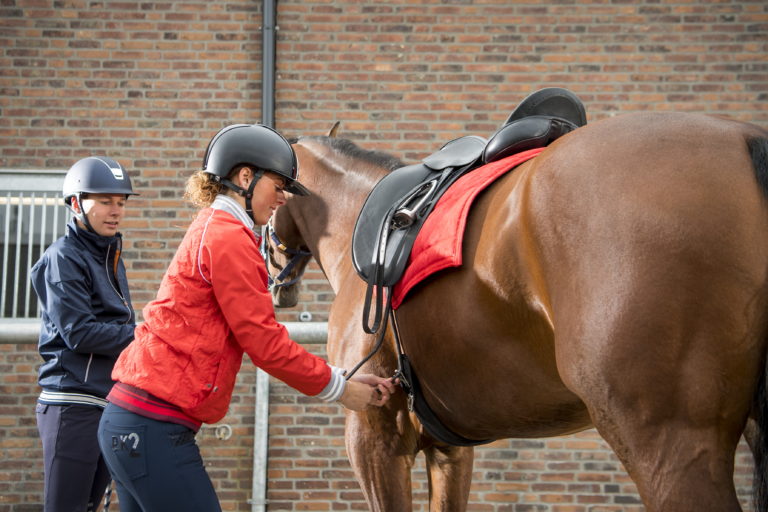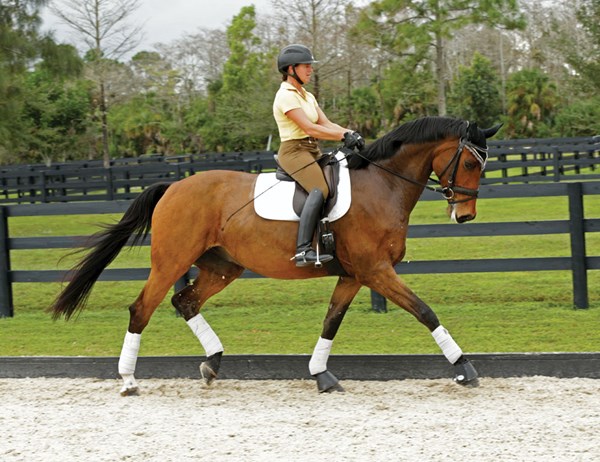In his tip for the 16th day of our 31-day Challenge, last year’s Pan Am gold medalist Dr. Cesar Parra reminds us to stay loose when we ride. He gives us a trick we can use to keep our bodies supple when we go for a time without riding. We also need ways to take care of ourselves mentally. I recently picked up a book called Self-Compassion by Dr. Kristin Neff, an associate professor in Human Development and Culture at the University of Texas at Austin. At first, I thought, Oh, this isn’t for me. I’m a really compassionate person. But I soon learned that self-compassion is something everyone needs to ponder. It is very different from self-esteem. Neff says self-compassion for oneself is really no different than having compassion for others. “First, to have compassion for others you must notice that they are suffering. Second, compassion involves feeling moved by others’ suffering so that your heart responds to their pain (the word compassion literally means to ?suffer with’). When this occurs, you feel warmth, caring, and the desire to help the suffering person in some way.

Having compassion also means that you offer understanding and kindness to others when they fail or make mistakes, rather than judging them harshly. Finally, when you feel compassion for another (rather than mere pity), it means that you realize that suffering, failure, and imperfection is part of the shared human experience. ?There but for fortune go I.'” Then she explains that self-compassion involves acting the same way toward yourself “when you are having a difficult time, fail, or notice something you don’t like about yourself. Instead of just ignoring your pain with a ?stiff upper lip’ mentality, you stop to tell yourself, This is really difficult right now, how can I comfort and care for myself in this moment? Instead of mercilessly judging and criticizing yourself for various inadequacies or shortcomings, self-compassion means you are kind and understanding when confronted with personal failings – after all, who ever said you were supposed to be perfect?” Neff has a strong message directed as many people who judge themselves and others too harshly. “Self-compassionate people recognize that being imperfect, failing, and experiencing life difficulties is inevitable, so they tend to be gentle with themselves when confronted with painful experiences rather than getting angry when life falls short of set ideals. People cannot always be or get exactly what they want. When this reality is denied or fought against suffering increases in the form of stress, frustration and self-criticism. When this reality is accepted with sympathy and kindness, greater emotional equanimity is experienced.” Ahhh, I feel better already. I hope you do. There is a lot more surprising things to learn in this very readable book. Find out more about it at self-compassion.org.
Join Us! Beat those winter doldrums with Dressage Today and SmartPak’s “New Year, New You Challenge: 31 days to wellness with your horse.” Opt-in to receive exclusive daily email tips by entering your email address in the form at this link:?http://media.aimmedia.com/equine/dressagetoday/DT-challenge-signup.html











